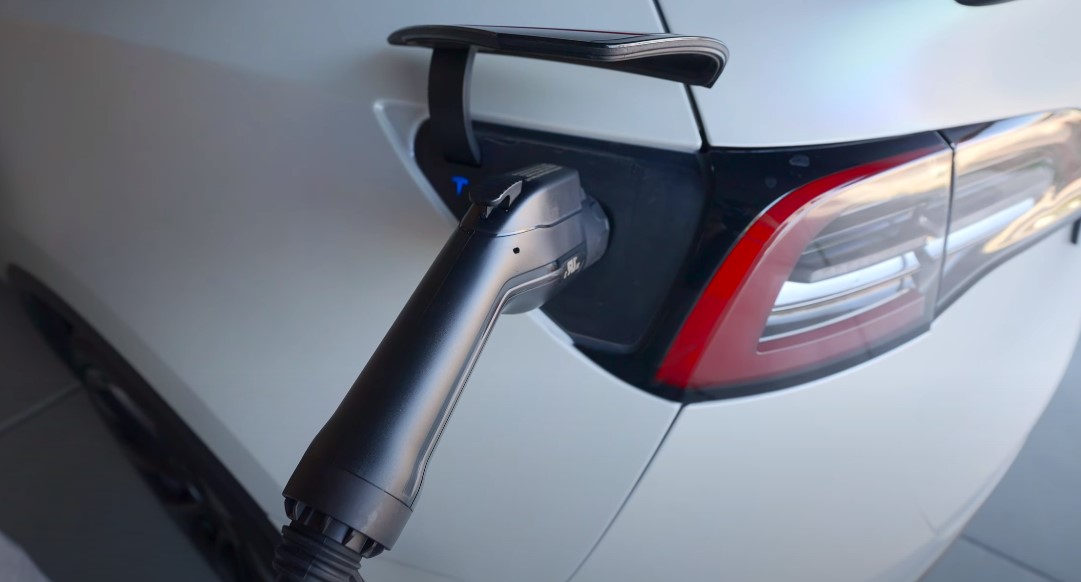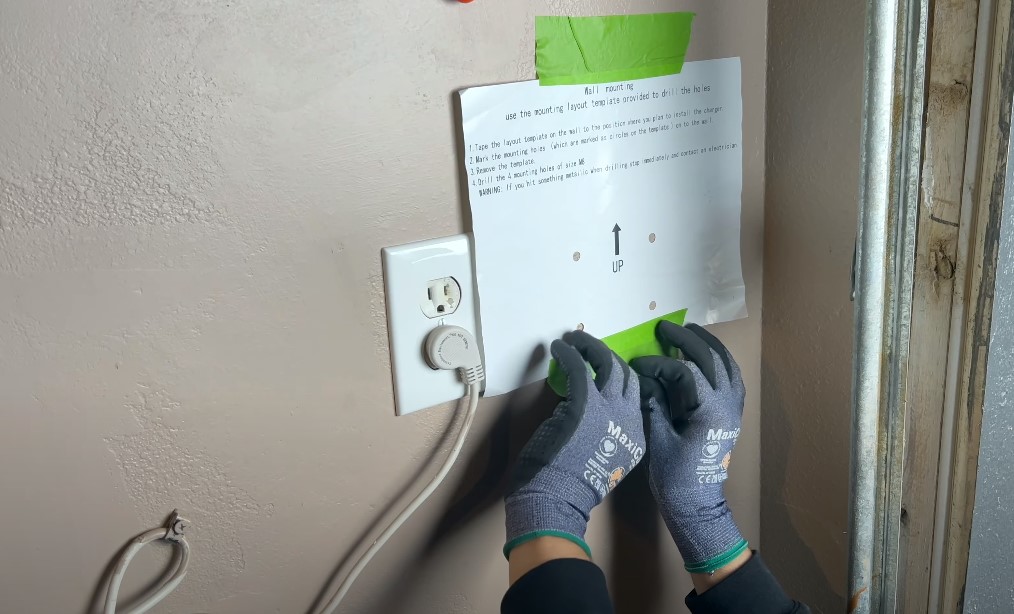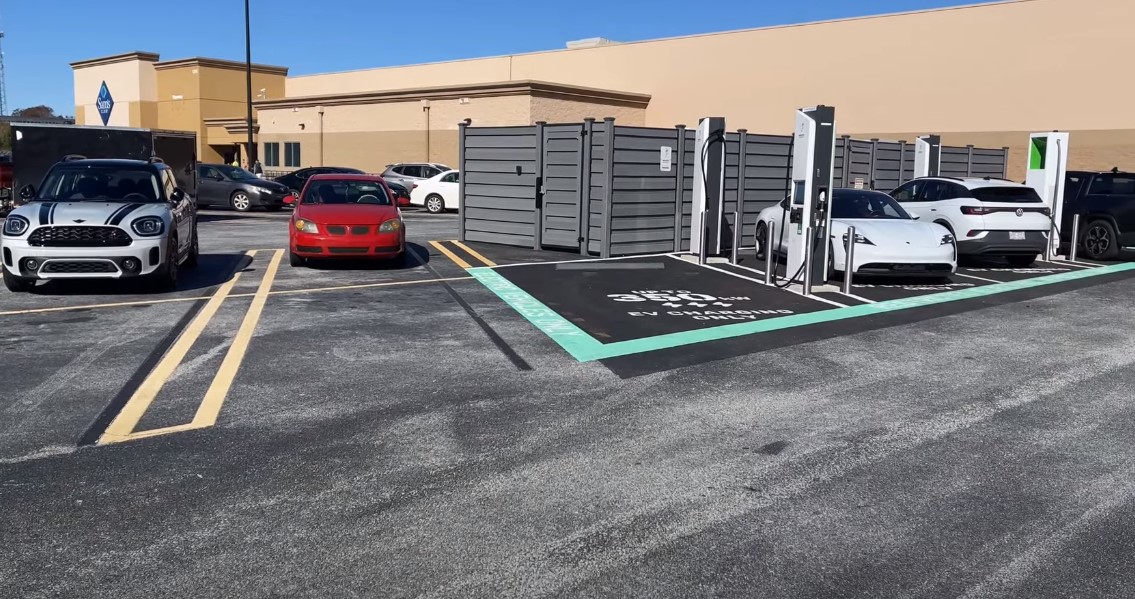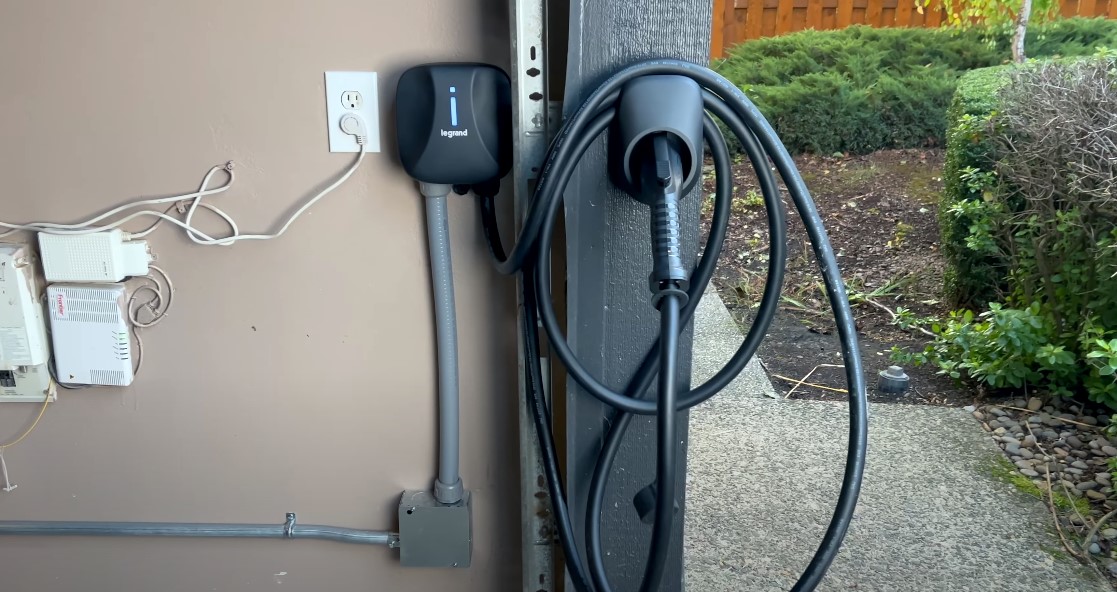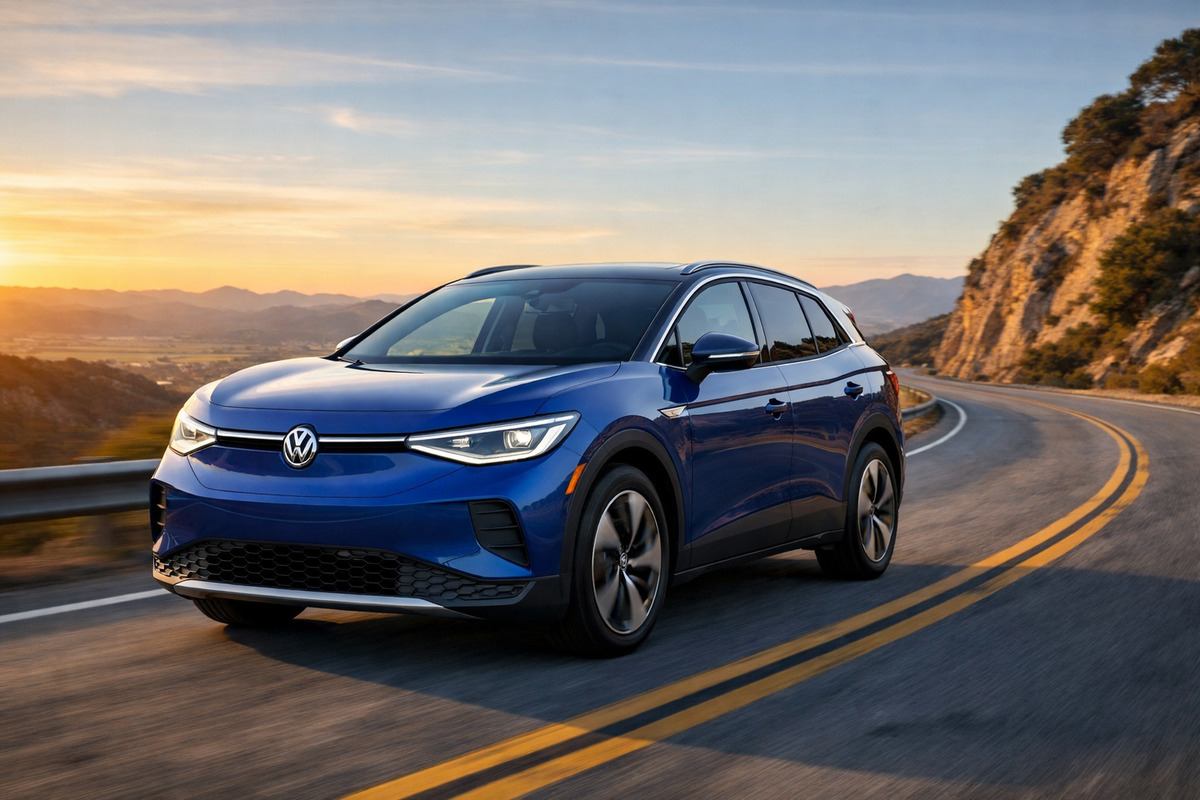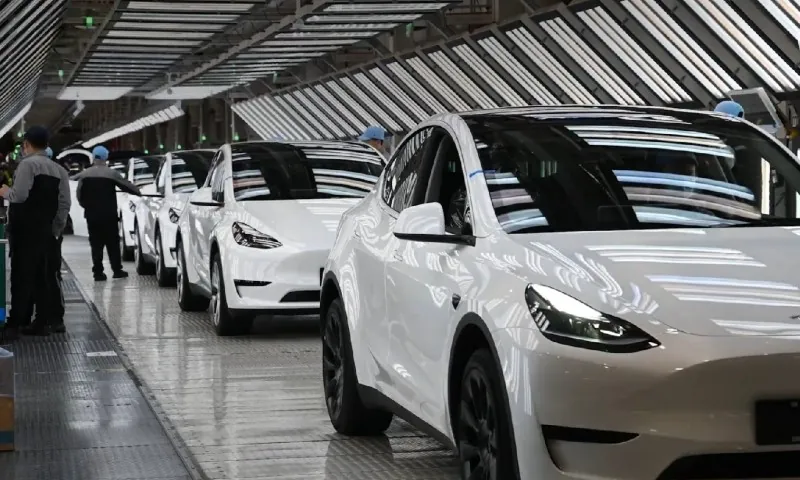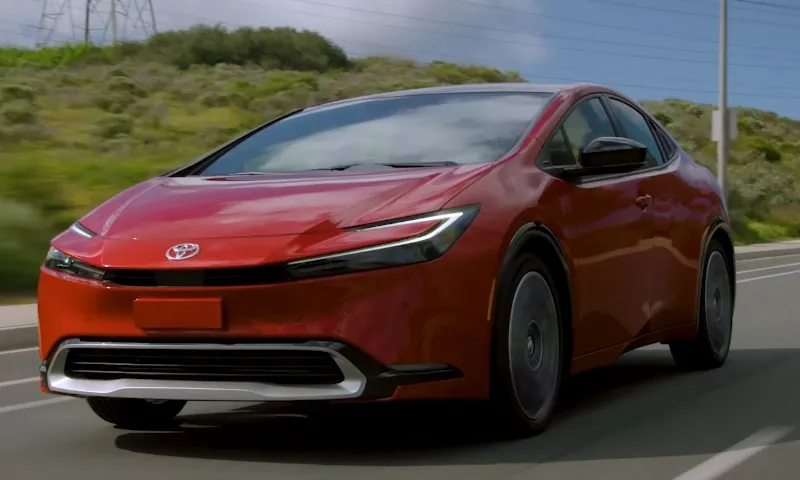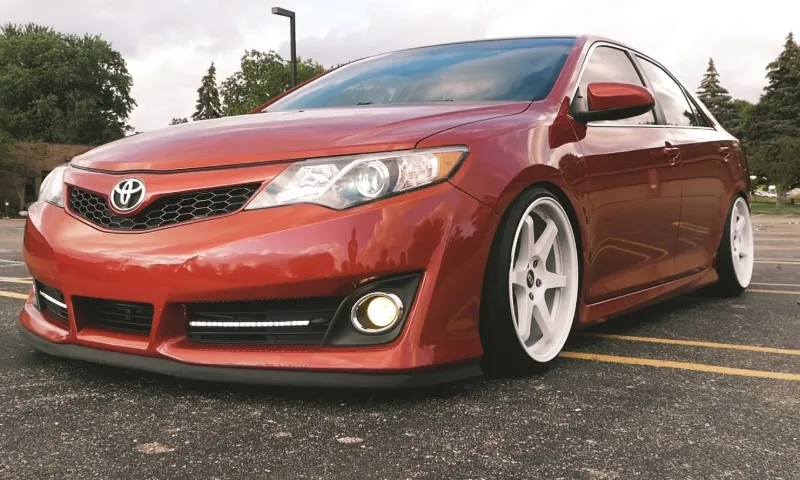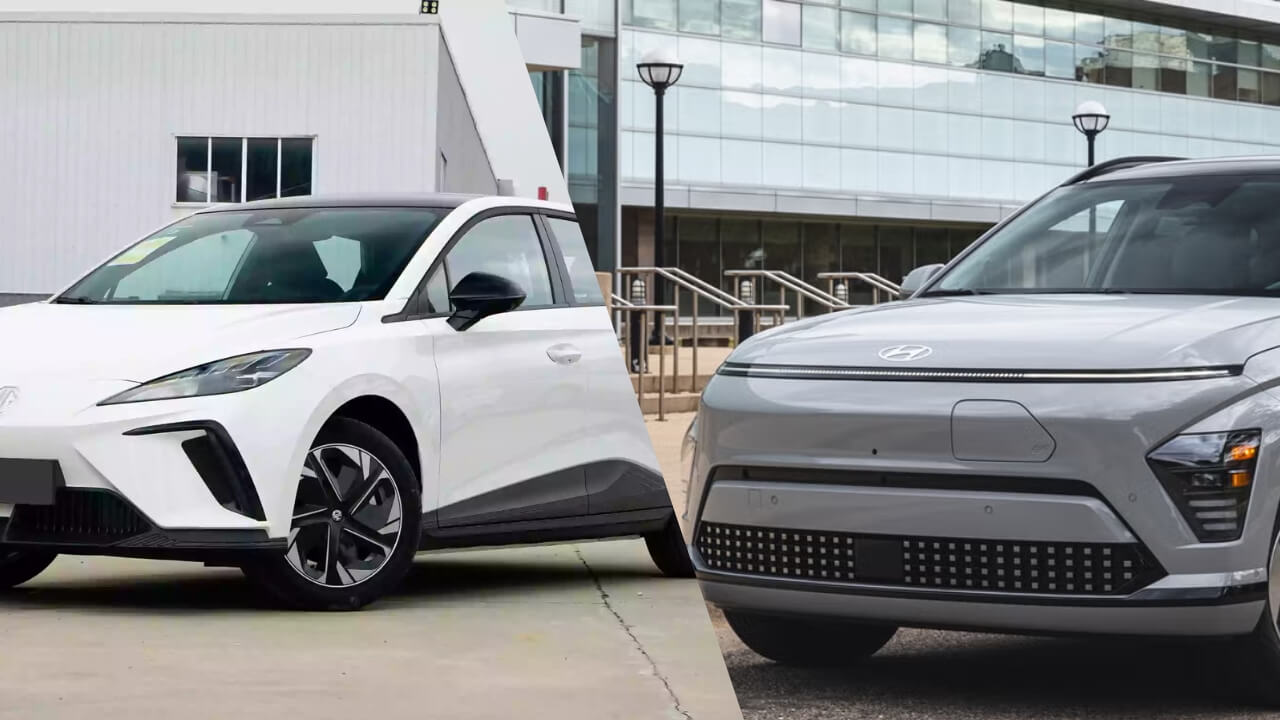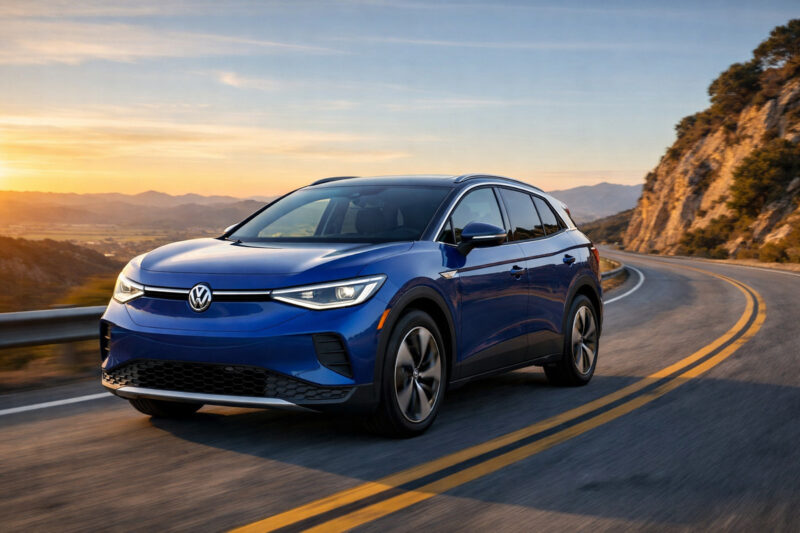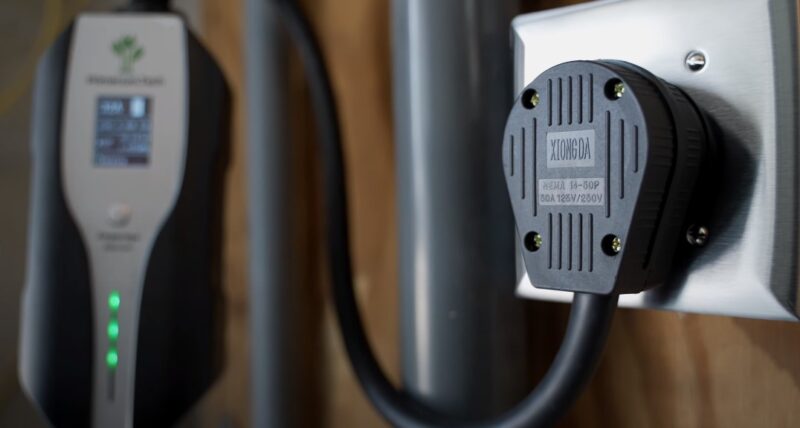
Share Post:
So, you’re thinking about installing a Level 2 charger at home. You’ve probably heard it’s faster, more efficient, and just downright better than that snail-paced Level 1 charger that came with your electric vehicle.
But let’s be real here – is the cost really worth it?
Table of Contents
ToggleKey Highlights
- Initial Cost: $1,200 to $2,500
- Federal Tax Credits: Up to $1,000
- State/Utility Incentives: Varies
- Installation Mods: $300 to $1,000
- Charger Cost: $300 to $1,000
The Price Tag
First off, let’s talk dollars and cents. Installing a Level 2 charger isn’t a minor expense. As per Enel X Way, on average, it can set you back anywhere from $1,200 to $2,500. Why the range?
Well, factors like where you live, the specific charger you pick, and how much your house needs to be Frankenstein-ed to make it work all come into play.
The price of a Level 2 charger can be influenced by several factors. Here’s a summary of the main elements that impact the cost:
- Charging Station Type and Capacity: The charging power (kW) of the charger significantly affects its price. Higher power chargers that can charge vehicles faster are generally more expensive.
- Electrical Infrastructure: The condition and capacity of the existing electrical system in the installation location can influence costs. Upgrades to the electrical panel or wiring might be necessary, adding to the overall expense.
- Installation Location: The complexity and distance of the installation site from the electrical panel can impact costs. Outdoor installations or those requiring extensive wiring can be more costly.
- Equipment Costs: The price of the charger itself varies depending on brand, features, and build quality. Additional components like mounting brackets or pedestals can also add to the cost.
- Software and Networking: Chargers with advanced software capabilities for monitoring, control, and networking typically have higher price tags due to the additional technology and support required.
- Permit and Inspection Fees: Local regulations may require permits and inspections, which can add to the installation cost.
- Labor Costs: The cost of hiring a licensed electrician or professional installer can vary based on location and the complexity of the installation.
- Incentives and Rebates: Government incentives, rebates, or tax credits can offset some of the costs associated with purchasing and installing a Level 2 charger.
- Miscellaneous Costs: Other factors like warranty, maintenance, and service fees can also contribute to the overall price.
Speed Demons vs. Tortoises
If patience isn’t your strong suit, Level 2 chargers might be your best solution. SRP Blog reports that these bad boys can charge up to nine times faster than Level 1 chargers.
While a Level 1 charger takes about 32 hours to fully charge your vehicle (yeah, you read that right – 32 hours), a Level 2 charger can get the job done in a fraction of that time.
We’re talking about adding 25 miles of range per hour here, compared to the measly 5 miles per hour with Level 1.
Government and Utility Incentives
Luckily, there are ways to soften the financial blow. In one article written by Kiplinger, I found out that Federal tax credits can cover 30% of your hardware and installation costs, up to $1,000.
Plus, many states and utility companies are jumping on the incentive bandwagon, offering additional rebates and discounts.
So, before you start lamenting your bank account, do some research – you might find a nice chunk of change coming back your way.
Installation & The Real Cost
Don’t forget, though, that installing a Level 2 charger often means making some electrical modifications to your home. Depending on how much work needs to be done, you could be looking at an extra $300 to $1,000.
And then there’s the decision of whether to hardwire the charger or go with a plug-in setup. Each option has its pros and cons, but it’s worth noting that 68% of Americans prefer the hardwired route.
Compatibility
Good news on this front: Alternative Fuels Data Center reports that most electric vehicles are compatible with Level 2 chargers. Whether you’re driving a Nissan Leaf, Chevy Bolt, or BMW i3, your car will play nice with the Level 2 charger.
Teslas need an adapter, but that’s a small hurdle in the grand scheme of things.
Public Charging Stations
If you’re still on the fence, think about this: A recent report from InsideEVs states that there are over 168,300 charging outlets for electric vehicles in the U.S. in 2024. In the UK, it’s a bit different, where you can charge your vehicle on lampposts across the country.
While having a charger at home is the ultimate convenience, knowing there are plenty of other options out there might help you sleep better at night.
Faster Isn’t Always Better
A quick word on Level 3 chargers: they can charge an EV up to 80% in under an hour. Sounds amazing, right? But they’re not an option for home use. Level 3 chargers require a lot more power and are typically found along interstate highways, not in your garage.
The Verdict
So, is the cost of installing a Level 2 charger worth it? If you drive your EV regularly and value your time (or lack the patience for Level 1 charging times), then absolutely.
The initial outlay might seem steep, but with federal and state incentives, the net cost could be significantly lower. And let’s face it, the convenience of faster charging at home is hard to beat.
In summary
- Charges up to nine times faster than Level 1
- Federal and state incentives can lower costs
- Most EVs are compatible with Level 2 chargers
- Nearly 100,000 public Level 2 charging ports available
- High initial cost
- Potentially expensive home electrical modifications
- Decision between hardwiring and plug-in setups
When you weigh the convenience, efficiency, and potential financial assistance, a Level 2 charger starts to look like a pretty smart investment.
So go ahead, make the upgrade, and enjoy the perks of faster, more efficient home charging.
Related Posts:
- 13 Reasons to Choose a Level 2 Charger Over Level 1 in 2025
- Is the 2025 Ford Expedition Worth Its Price? An…
- 15 Best Electric Cars Under $50,000 in 2025 -…
- How Much Does a Police Car Cost - A Breakdown of…
- 2025 Dodge Charger - Full Review, Pricing Details,…
- Is Your Old Car Worth Anything? How to Determine Its Value


